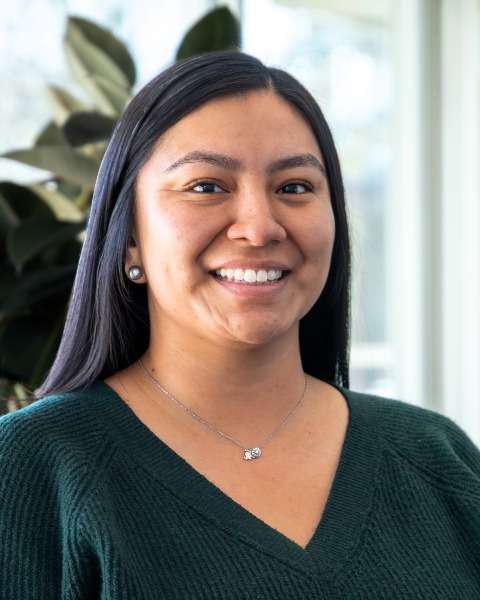Poster Presentation
Program Planning and Evaluation
Wednesday Evening Poster Reception
WED-091 - Assessing Cancer Care Services and Burden Across Arizona Native Nations: A Community-specific Approach
Wednesday, April 16, 2025
6:00 PM - 7:00 PM PST
Location: Pacific I/II, 2nd Floor
Area of Responsibility: Area I: Assessment of Needs and Capacity
Subcompetencies: 1.3 Analyze the data to determine the health of the priority population(s) and the factors that influence health., 1.4 Synthesize assessment findings to inform the planning process.
Research or Practice: Research
Subcompetencies: 1.3 Analyze the data to determine the health of the priority population(s) and the factors that influence health., 1.4 Synthesize assessment findings to inform the planning process.
Research or Practice: Research

Marissa Tutt, MPH
Research Coordinator, Senior
Northern Arizona University
Flagstaff, Arizona, United States
Poster Presenter(s)
Learning Objectives:
At the end of this session, participants will be able to:
- Identify the steps required to conduct a community cancer service and burden assessment in Native Nations.
- Understand the effective strategies for gaining Native Nation approval to conduct the community cancer service and burden assessment in Native Nations.
- Understand the effectiveness of collaborating with tribal liaisons to conduct the community cancer service and burden assessments in Native Nations.
Detailed abstract description: Cancer is the second leading cause of death among Native Americans nationwide. In Arizona (AZ), Native Americans who constitute 5.7% of the state population, have lower incidence rates of screening for detectable cancers than non-Hispanic Whites and are more likely to be diagnosed with advanced cancer stages, elevating rates of cancer mortality. Furthermore, Native Americans living in rural locations, are exposed to environmental contamination caused by mining, agricultural pesticides, and oil spills. For Native Americans living in AZ, cancer risk and services are influenced by rurality and the societal positionality of Native Americans as an ethnic group. These limitations have been shaped by historic and current federal policies that determine the financial resources, administration, availability of services and contaminate abatement. The Center for Native American Cancer Health Equity (C-NACHE) at Northern Arizona University was established to advance cancer health equity by building collaborations with and among Arizona Native Nations and institutions serving Native Americans in the southwest region. The Community Cancer Services and Burden Assessments (CA) are an activity under C-NACHE, with an overarching goal for tribal or organizational leadership to understand their community members’ knowledge of cancer prevention services and care priorities. The goal is to reach the 20 Arizona Native Nations that do not have a tribally administered cancer prevention and education program. The community cancer surveys are developed using a community-based approach, in collaboration with members of each community. C-NACHE has resources to survey 6% of the adult population of each partnering Native Nation. Survey eligibility criteria to complete the survey include being a member of a federally recognized Native Nation, residing in an AZ tribal community, and being > 18 years of age. Respondents receive an incentive upon completion of the survey. Tribal liaisons, often members of the C-NACHE community advisory board, are instrumental in co-requesting tribal approval of survey administration, survey development, and recruitment. The data gathered will be analyzed and results will be shared with partnering Native Nations. Aggregate findings will be used to inform state and national strategies and policy advocacy. In this session, attendees will discover 1) the process of obtaining approval from multiple Native Nations; 2) creation of the 11-question community cancer services and burden survey; 3) collaborating with tribal liaisons; 4) conducting data collection; and 5) sharing aggregate data from the community assessments.
